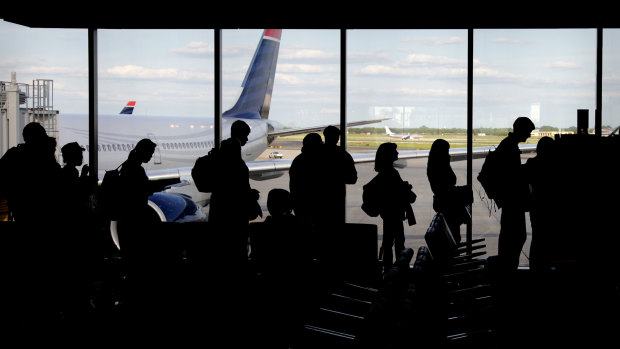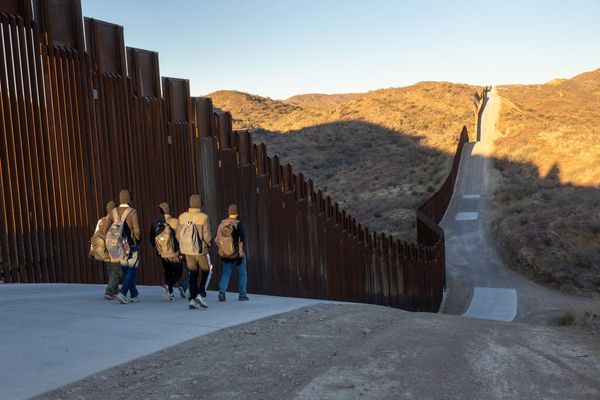
It seems like only last year people were all excited about "revenge travel."
The term cropped up as people emerged from the pandemic lockdowns desperate to get the hell away from wherever they were and go someplace else ASA-freaking-P.
DON'T MISS: Florida trip booked? How Hurricane Idalia may affect your plans
Come to think of it, it was only last year.
Travel insurance company Allianz Partners analyzed more than 40,000 trip itineraries planned for the summer of 2022 and concluded that American travel to Europe would jump 600% from the previous year, NPR reported in June 2022.
Now there are some who think the term "revenge travel" may go the way of "made in the shade" and "see you later, alligator" as the world tries to show covid a clean pair of heels.
Domestic leisure travel is “normalizing” in 2023 with a general return to pre-pandemic trends expected in 2024 and beyond, the U.S. Travel Association said on June 14.
Seeing a 'plateau' in travel spending
The group said that domestic business travel is expected to continue its recovery, but at a more tempered rate than previously forecasted, largely due to economic conditions
Business volume is not expected to recover until 2025 and inflation-adjusted spending is not expected to recover within the range of the forecast.
Kurt Alexander, president of Omni Hotels & Resorts, told the Washington Post on Aug. 9 that he sees a “plateau” in travel spending, rather than a serious retracing.
However, he noted that a plateau in demand can still squeeze margins, with wages across the company up about 25% relative to pre-pandemic levels.
On the other hand, bookings for group events such as conferences or team-building gatherings in 2024 are up 20% relative to the demand Omni saw for 2023 at this point last year, Alexander said.
And Bernard Yaros of Moody’s Analytics Economist said in a statement to Travel + Leisure that “consumer prices tied to travel were broadly weak in June, with everything from airfares to the cost of rental vehicles and lodging away from home falling over the month.”
A change in travel habits
“The 8% drop in airfares was notable, and odds are there will be further softness in airfares due to past declines in jet fuel costs, a fading of post-pandemic ‘revenge travel,’ and domestic airline capacity back above 2019 levels,” Yaros said.
Dermot Crowley, CEO of Ireland's largest hotel company Dalata, is feeling optimistic about the future of revenge travel.
Dalata, which operates the Maldron and Clayton brands and also runs 19 hotels in the United Kingdom, posted a 24% year-on-year jump in first half adjusted core profit to 103 million euros, or $111 million, and said it saw no sign of a slowdown in resurgent demand for rooms.
"Certainly 2, 3, 4 years before covid people in their 20s would have been prioritizing travel and experiences over buying things," Crowley told Reuters in a telephone interview. "That trend had already started and seems now to have extended to the wider population."
"There's no doubt a lot of it is related to post-covid but the longer it goes on, the more you think well it could actually be a change in people's travel habits," he said.
Crowley said there also seemed to be a lasting change in corporate bookings where travelers take fewer trips but stay longer and with Ireland's large multinationals spending far less on business travel than they did pre-covid.
- Action Alerts PLUS offers expert portfolio guidance to help you make informed investing decisions. Sign up now.







